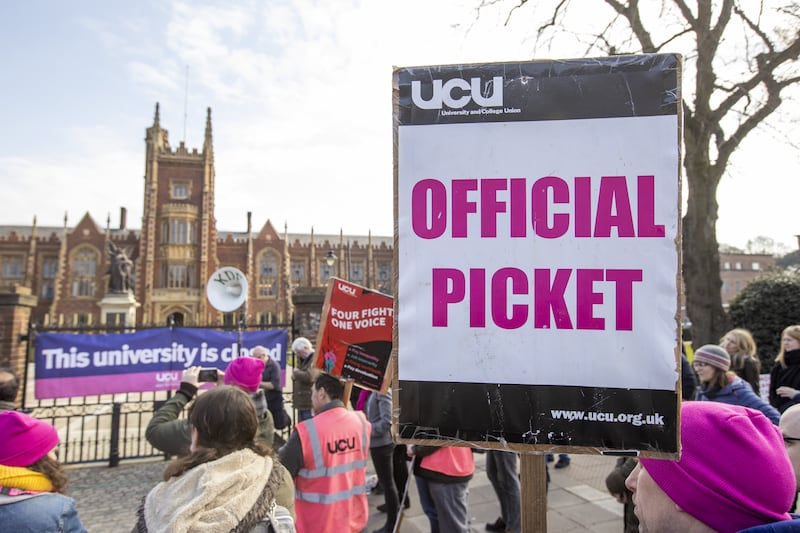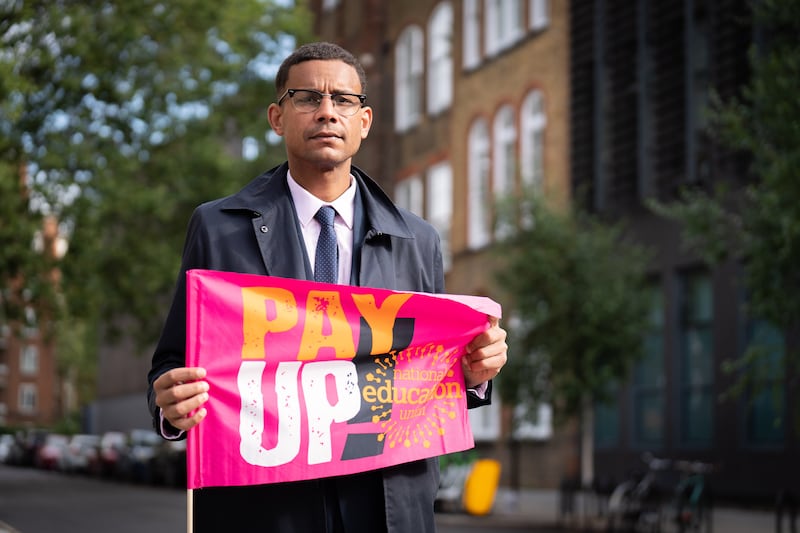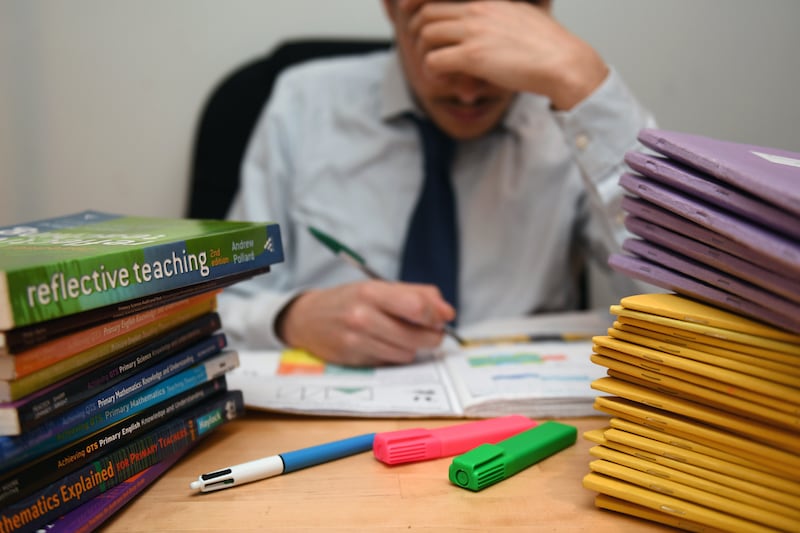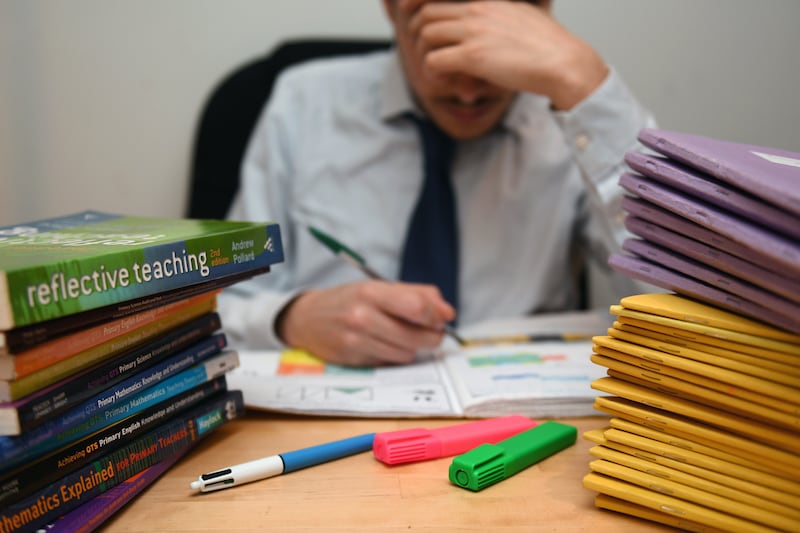SEXISM is a major factor holding back the careers of women teachers, research has found.
Nearly a quarter (23 per cent) of attendees at a conference organised by the NASUWT cited sexist attitudes as negatively affecting career development.
In the north, 77.1 per cent of teachers are female - but the proportion in management roles is significantly lower.
In all Northern Ireland post-primary schools, 47.7 per cent of principals are female. In nursery, primary, special and prep schools, this rises to about 64 per cent.
Around 400 delegates attended the NASUWT's annual Women Teachers' Consultation Conference to discuss the challenges they faced.
More than a third (34 per cent) of those responding to a real-time electronic poll said discriminatory practices were a problem that most affected older women teachers.
According to the union, attendees described being asked by managers if they were planning to get pregnant, being passed over for promotion and belittled for working part-time.
Many said they also faced barriers to reach leadership roles and received sexist jokes from pupils and colleagues.
Polling also found just 6 per cent felt their school or college was effective at supporting teachers' mental health and wellbeing.
By comparison, 43 per cent said their school was ineffective and 24 per cent said their employer made no attempt to support the wellbeing of teachers.
Nearly six in 10 (58 per cent) said they thought excessive workload was the main reason behind teacher recruitment and retention issues.
Chris Keates, NASUWT general secretary, said women made up the majority of the teaching profession yet continued to face discrimination, inequality and sexism in too many workplaces.
The number of women saying they felt pessimistic about their future in the profession and identifying barriers preventing them from progressing in their career, she added, "should make government and employers hang their heads in shame".
"The unacceptable practices of too many employers are creating a culture where discrimination, inequality and sexism are flourishing in the workplace," Ms Keates said.
"As deeply disturbing as the incidence of sexual harassment is the failure of employers to act when it is reported. Women teachers have a right to work in a safe environment, free from this unacceptable behaviour."
She added that women were facing discrimination because of their gender on a daily basis, whether it was "the disproportionate number of older women teachers facing competence and capability procedures, women facing hostility and unfair treatment after requesting to work flexibly, or the continued under-representation of women in senior leadership roles in schools".
"It was plain from the experiences of teachers that schools are failing to respect and value the skills and experience of many women teachers. A seismic shift in the attitude of employers and effective action by governments is urgently needed to address these unacceptable practices," she said.
"Is it any wonder there is a crisis in teacher supply when such discrimination is rife?"







